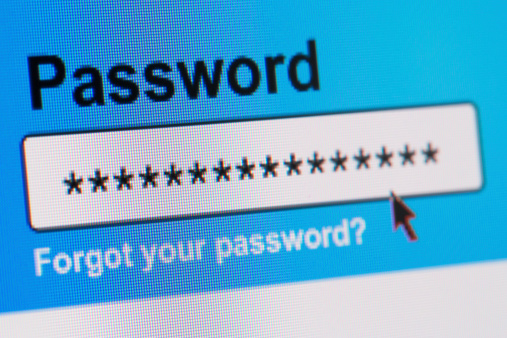The importance of password security cannot be overstated. Small and medium sized business owners are vulnerable to the same kinds of data breaches through password hacks as large corporations and individuals. In one year alone, two out of every five people have had a password stolen. Learn about why reusing passwords is a bad idea, and how to choose the most secure passwords.

The Danger of Using the Same Password
It’s difficult to keep up with all the passwords you’re supposed to remember. Every time you register for a new site or open an account there’s a new request to come up with a password. Password requests have become more complicated, too. There’s often a compensatory request for a password that contains a capital letter, at least one number, and a special character. All this makes it tempting to come up with one secure password that meets all the criteria and to use it everywhere. To the user, this makes it easier to remember the password, because it’s the same one, even though the site might be different.
The biggest danger of reusing the same password everywhere is if your password gets hacked. Considering all the sites you visit, and all the ways you use that use that same password, the odds that one of those ways will get breached are much higher than if you only use that password in one place. If your password is compromised on Facebook, for example, it’s only a matter of minutes before the thief can try that same password on other common sites, such as banks and monetary institutions like Paypal. From just one password breach, the thief can access every site you’ve ever logged into using that same password.
The number one way you can protect yourself is by choosing a unique password every time you are asked to create one. Read on to find out how.
How to Choose the Most Secure Passwords
In a 2015 interview, Edward Snowden shared his advice for creating the most secure passwords. Snowden reports that a computer takes less than a second to figure out a password that’s all of 8-characters in length. He states that one of the best ways to come up with a password that’s both secure and easy to recall, it one that’s a unique, nonsensical phrase instead of a word that is in the dictionary.
Using this formula, you can have an easily recalled, unique password for every site you visit.
Two-Factor Authentication
Two-factor authentication offers an extra layer of protection beyond the password. With this method, the user is asked to answer a question in addition to entering the correct password. If you have an option to add in two-factor authentication to your business intranet, you should do so. This will enhance your data security, and is especially useful if you have company representatives out in the field, accessing your company’s data from personal or public internet connections around the country.
Don’t make the mistake of underestimating the importance of password protection for your business’s security. Use these tips to secure your company’s data as well as that of your customers.
Haxxess Enterprise Corporation is the trusted choice when it comes to staying ahead of the latest information technology tips, tricks, and news. Contact us at (705) 222 -TECH or send us an email at [email protected] for more information.